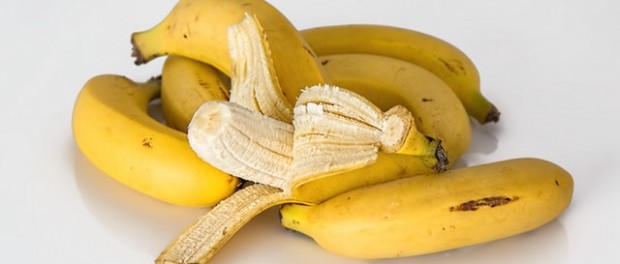
Food should be more than a substance that fills up the belly; eating a meal ought to be primarily about adding value to the body or boosting one’s well-being. In most cases however, we tend to put the cart before the horse - we just want to ingest anything edible. Notwithstanding, it pays that one gets educated or be in the know about the nutrients that a particular meal/food contains and what these nutrients can do in one’s body.
So, today in this article, I will like to shed some light on dietary fiber and its benefits to human body. Fiber is used to describe plant-based carbohydrates that cannot be broken down by the enzymes in the digestive system. Fiber can also be obtained from meat albeit in a relatively minute quantity.
Despite the fact that it is not usually broken down, it plays a significant role in the way other nutrients are absorbed in the digestive system. Fiber is basically categorized into two - soluble and insoluble fiber - based on its dissolution or non-dissolution in water. Examples of foods that are high in fiber include oats, oranges, whole grain, vegetable, apples, banana, tomato, nuts, etc.
- Improves gastrointestinal health: One of the major benefits of regularly taking a meal that are rich in fiber is that it improves the health of the gastrointestinal system, especially as fiber enhances bowel movement with ensuing increase in faecal mass. This is probably one of the ways fiber aids in the prevention of constipation. Furthermore, fiber supports the growth of probiotic bacteria which contribute to the overall health of the gut.
- Reduces cholesterol level: Fiber has also been found to reduce the level of bad cholesterol in the bloodstream. More specifically, fiber sourced from edibles such as oats, beans and whole grain are particularly (more) valuable in this respect.
- Improves cardiovascular health: This can be viewed as an offshoot of the role fiber plays in lowering cholesterol level. Besides, fiber aids in the prevention of heart disease and also lowers blood pressure. Generally, it is good for maintaining a healthy heart.
- Minimizes the risk of diabetes: With the high prospect of controlling the level of blood sugar, fiber does help to lower the risk of type 2 diabetes occurring. Examples of high fiber foods that are useful here include cereals and vegetables.
- Protects against cancer: Fiber has also been reported to be effective in preventing certain types of cancer like colon cancer and stomach cancer. This is traceable to the bulky faecal mass that is achievable with the regular intake of dietary fiber.
- Aids in weight control: Fiber can also be highly beneficial for anyone that is going through a weight-loss/weight-control routine. This is due to the fact that fiber - especially one gotten from flaxseed, oats, broccoli, banana, beans, etc - tends to be more filling and gives you the energy needed to run your activities for a considerable amount of time. In essence, with fiber in your system, the craving for more (food) to munch is quenched.
Culled from WalkRigid
Source: https://walkrigid.com/2019/10/15/6-benefits-of-fiber/